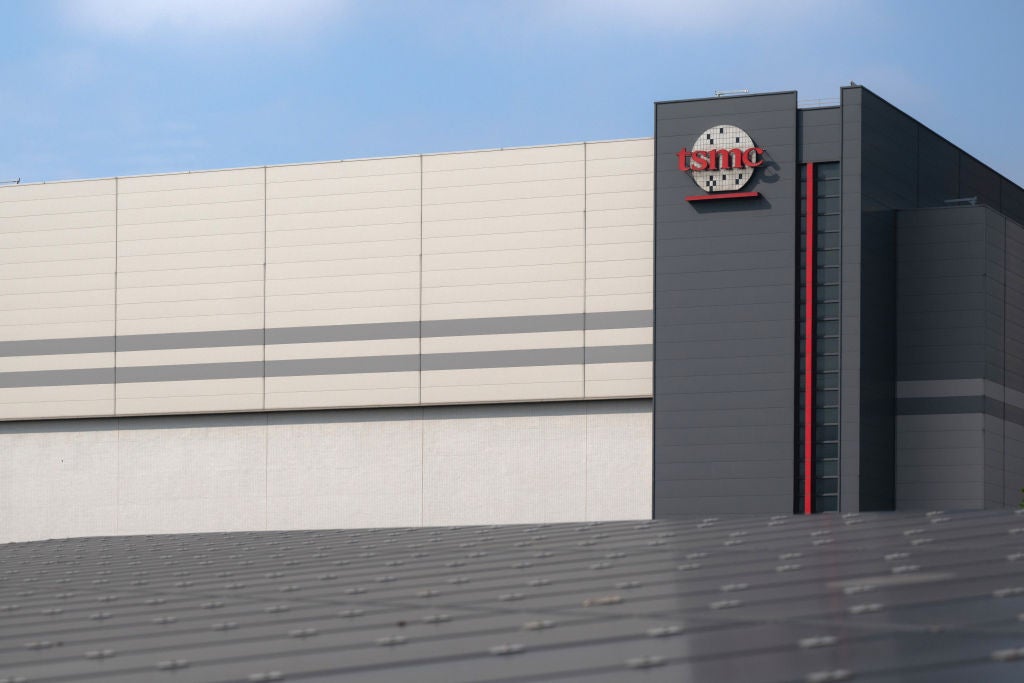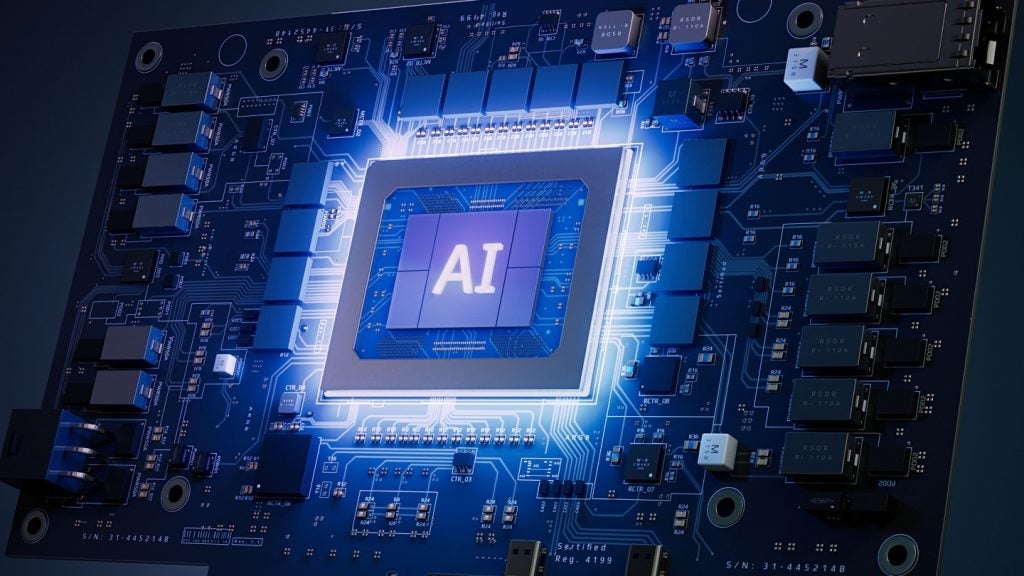
Taiwan Semiconductor Manufacturing Co (TSMC), the world’s largest contract chipmaker, has announced it will open a second chip plant in Japan in the same town as its first, according to a government official.
The $13.5bn new plant in Kumamoto is scheduled to open in February. Japan hopes the plant will boost its economy as it strives for stronger domestic chip manufacturing.
Prime Minister Fumio Kishida’s government has been offering subsidies worth trillions of yen to attract investment from both domestic and overseas semiconductor companies.
Besides TSMC, Micron Technology, Samsung Electronics, and Powerchip Semiconductor Manufacturing have announced investments in Japan.
In December, NVIDIA CEO Jensen Huang claimed his company will do its best to supply AI processors to the country, citing the extremely high demand.
“Demand is very high, but I promised the prime minister we will do our very, very best to prioritise Japan’s requirements for GPUs,” Huang said in an interview.
How well do you really know your competitors?
Access the most comprehensive Company Profiles on the market, powered by GlobalData. Save hours of research. Gain competitive edge.

Thank you!
Your download email will arrive shortly
Not ready to buy yet? Download a free sample
We are confident about the unique quality of our Company Profiles. However, we want you to make the most beneficial decision for your business, so we offer a free sample that you can download by submitting the below form
By GlobalDataNvidia, currently the market leader for GPUs, will also be cooperating with Japanese companies such as SoftBank to aid in the acceleration of generative AI research.
Revenue within the semiconductor industry experienced a slowdown of 9.4% from 2022 to 2023, according to World Semiconductor Trade Statistics.
The slowdown was due to the cyclical nature of the industry, combined with supply chain disruptions, component shortages, the global economic downturn and geopolitical turmoil, according to GlobalData’s Tech, Media, & Telecom Predictions 2024 report.
The research company predicts the semiconductor industry will return to growth in 2024, as the rollout of new products at the end of the inventory correction drives semiconductor sales through 2024 and beyond.
According to the research company’s long-term forecasts, AI chip revenue will reach $130bn by 2030.






